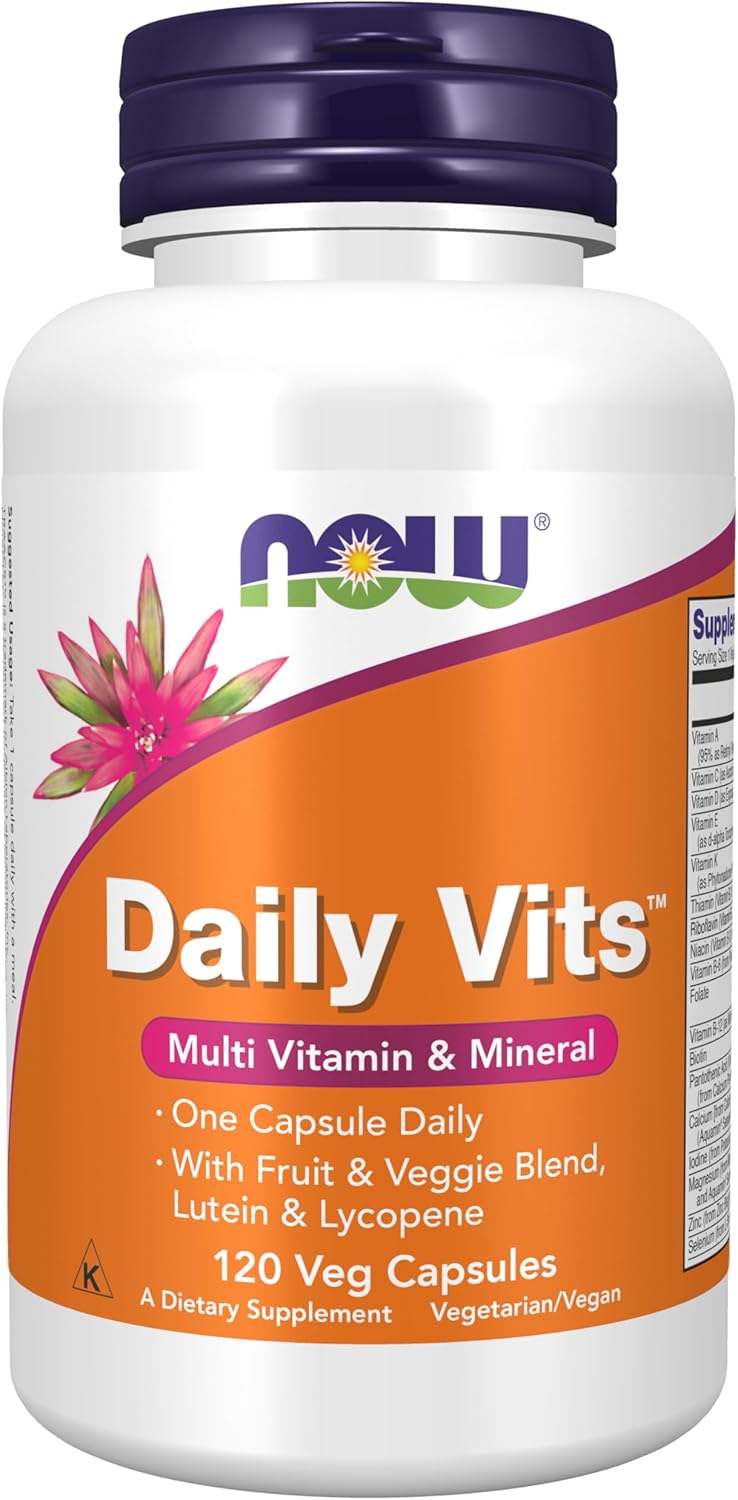Can you take Ascorbic Acid and Quercetin together?
Interaction Details
Taking Ascorbic Acid and Quercetin together has the potential for significant synergy, as they complement each other in antioxidant activity and bioavailability enhancement, suggesting a rating of 5 out of 5.
Ascorbic Acid (Vitamin C) is known for its antioxidant properties and its ability to regenerate other antioxidants. Quercetin is a flavonoid with potent antioxidant and anti-inflammatory properties. The synergy between them is largely attributed to the fact that Ascorbic Acid can enhance the bioavailability and stability of Quercetin. Moreover, Quercetin's antioxidant activity can be complemented by Vitamin C's ability to regenerate oxidized antioxidants, thus potentially creating a robust antioxidant defense system. Studies have shown that Vitamin C can help maintain Quercetin in its reduced form, thereby enhancing its efficacy.
Potential Benefits
Potential Risks
Related Studies
Ascorbic Acid
Ascorbic Acid, commonly known as Vitamin C, is a water-soluble vitamin that plays a crucial role in various bodily functions, including the synthesis of collagen, absorption of iron, and the proper functioning of the immune system.
Quercetin
Quercetin is a plant-based flavonoid antioxidant found in many fruits, vegetables, and grains. It's known for its anti-inflammatory and immune-boosting properties.
